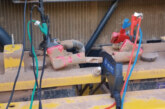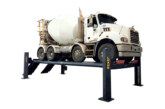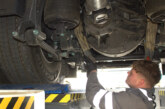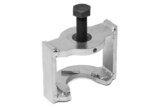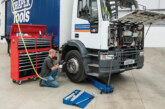Why quality components matter for SMR work

Making the right choices when buying components for SMR work cannot be underestimated. With many options available, one question remains. Are you getting what you pay for? BPW argues for quality solutions.
After 125 years, BPW knows a thing or two about producing engineered trailer axle and suspension systems and it’s always been our belief that using original spare parts is an investment in reliability and performance rather than just an expense.
In an industry filled with choices, the question of cost often arises. However, it’s not all about the costs, but the overall value and benefits these parts deliver. We’ve always believed in unwavering commitment to quality and reliability, that the cost of spare parts goes far beyond the initial price.
New shoes
A critical issue in the industry revolves around the ever-present temptation to take financial shortcuts by choosing cheaper or non-genuine components. For example, for essential systems such as the BPW drum brake assembly, these parts may not meet the rigorous standards of their genuine counterparts, leading to diminished reliability and durability.
Where economic considerations often drive decision-making, workshops and fleet managers choose budget-friendly alternatives, seemingly poised to save on immediate expenses. However, this well-intended approach to cost control often conceals potential pitfalls that, in the long run, could jeopardise operational efficiency and, more importantly, the safety of commercial vehicles and their drivers.
Consider drum brake shoes, for instance. There has been a growing shift in the industry towards replacing brake shoes in their entirety, moving away from relining to ensure optimum capability. Although relining appears to be a cost-effective option, it may compromise function and safety. Buying new BPW brake shoes eliminate the risks associated with older, worn, and damaged brake platforms.
All new BPW brake shoes are supplied complete with rollers, removing the problem of seized or damaged rollers caused by shot blasting during the relining process. When brake shoes reach the end of their lining life, they can be relined. However, a disadvantage of sending brake shoes to be relined is that you might not get the same shoes back. We advise you to mark your shoes first, ensuring the ones sent are the same as the ones returned. Receiving different shoes with no prior knowledge of their historical workload could be costly.
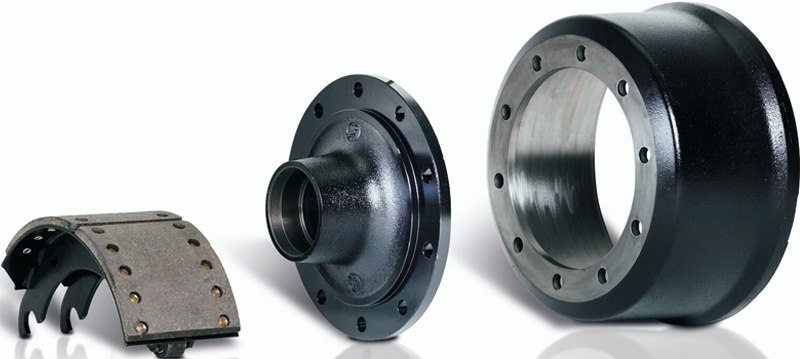
In some cases, cost-cutting measures extend to maintenance practices. Workshops might opt for infrequent servicing, reduced inspection routines, or quick repairs to decrease labour and downtime costs. These practices might initially be cost-effective but can lead to delayed identification of critical issues, escalating repair expenses. It is important to note that damaged BPW brake shoes or a brake drum can negatively impact braking performance, causing impact wear on both the camshaft and slack adjuster. Moreover, the friction material of the brake shoe assembly complements the metallurgy in the BPW brake drum, ensuring optimal wear behaviour. When the friction material incorrectly matches the brake system, it can often result in brake noise, vibration, and premature lining degradation.
An auto-slack adjuster fitted on BPW drum braked axles has a wear indicator, meaning wear on a brake lining can be easily detected. The minimum thickness of the brake lining is indicated by the position of the lever when the brake is released.
Think before you buy
BPW brake shoes are optimally profiled to match the brake drum. Made in the BPW factory using a specially developed steel alloy, pressed and hardened shoes are dip-coated with zinc phosphate for enhanced surface protection. It’s important to acknowledge that brake linings and drums are wearing parts, necessitating regular inspections to ensure braking efficiency is maintained.
An aftermarket training course is available for BPW spare parts distributors. The course covers parts identification and includes training on the BPW internal aftermarket portal. Access to up-to-date data gives a distributor the information they need to check the availability of parts across the UK. With a good understanding of BPW products, distributors can confidently advise and support customers.
When considering your next purchase, ask yourself, “Am I getting what I pay for?” The answer is a resounding yes when using BPW’s new genuine parts. It’s not just a purchase; but an investment in quality, safety, and performance.



![Bosch outlines ESI[tronic] workshop software](https://cvwmagazine.co.uk/wp-content/uploads/2025/07/Bosch-ESItronic-25-165x109.jpg)
